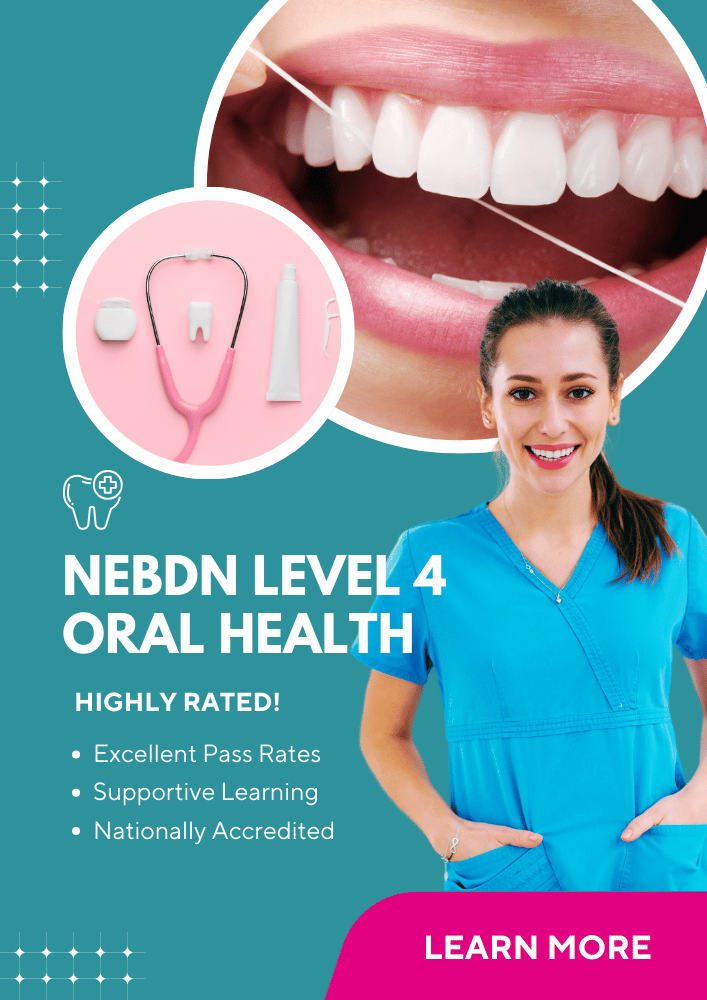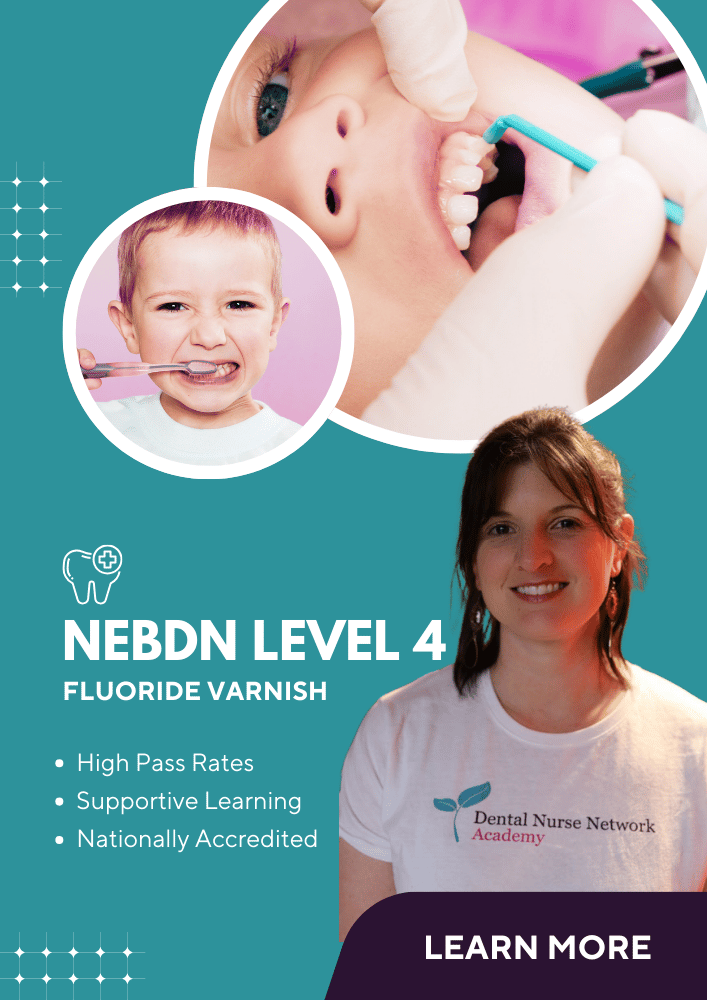 In this article I will establish the reasons for having a framework in place to ensure we are meeting all the decontamination and infection control standards and that all our practice procedures and protocols align with the current regulations and guidelines. We must ensure that these are followed, and are aware of the importance of implementation, reviews and consistency.
In this article I will establish the reasons for having a framework in place to ensure we are meeting all the decontamination and infection control standards and that all our practice procedures and protocols align with the current regulations and guidelines. We must ensure that these are followed, and are aware of the importance of implementation, reviews and consistency.
For us to meet the Code of Practice’s requirements we need to operate a number of policies and procedures and carry out training sessions, audits, risk assessments and reviews. We also need to complete the Annual Statement on the Prevention and Control of Infection, which staff must be made aware of.
We are governed by the Department of Health, The Care Quality Commission and the General Dental Council. NHS practices are bound by their contracts to NHS England and therefore must meet all 28 outcomes to be able to retain their contracts.
All the regulated activities carried out in dental surgeries must be evidence-based. We are regulated for Surgical, Diagnostic and Screening procedures and Treatment of Disease, Disorder and Injury. Without a robust framework in place to monitor the 28 outcomes this would be impossible to achieve. Even if all the required daily tasks are performed, if there is no record of the process they will be deemed not to have been carried out.
All dental practices, NHS or private, must register with the Care Quality Commission, which has responsibility for ensuring that the practice is clean, safe and has appropriate decontamination equipment and clinical governance. This became law in April 2009. By the 1st April 2010, all practices had to be registered to be able to practise. Each practice has to have a registered CQC manager who can either be the Provider or a practice manager. Larger concerns must have a NI who takes over all responsibility for each concern if there is no Provider on site on a daily basis.
There is no advantage in having the most professional and comprehensive policy manual if the policies contained within it are not being implemented. Policies must be seen to be very important by everyone, from senior management right down to junior nurses/dentists and clerical staff. All our staff within our practices need to be fully informed and they must understand the importance of consistent policy implementation and management.
By law, employers must consult all employees, and employees’ safety representatives, on health and safety matters. This is an important way to create and maintain a safe and healthy working environment.
All dental care health workers must attend regular training sessions on all core subjects for continuing professional development. We hold monthly staff meetings where audits are discussed and reviews are implemented if need be. We have an agenda set out a year in advance covering all aspects of clinical governance and working towards the 28 outcomes. These are broken down over a period of nine months. By having these agendas laid out in advance, the registered CQC manager can plan the practice’s development and training effectively, without having to spend their time ‘putting out fires’ in the event of a crisis. In this way we ensure all our staff are well informed and educated.
All dental health care workers need to be well trained in all aspects of what is required of them according to the Social Care Act 2008 as well as the Standards for the Dental Team as set out by the General Dental Council.
The current guidelines on infection control and decontamination are such that it is necessary to have written procedures with regular training, audits and reviews. Universal precautions should be taken. Dental healthcare workers who think they may have been exposed to or have caught a major infectious disease must obtain and follow expert medical advice.
The maintenance of Health and Safety for all, which includes infection prevention, is the responsibility of all dental healthcare personnel.
Each year, bi-annual infection prevention audits and an annual review of infection prevention are performed to help us achieve a continuous improvement in standards of infection prevention.
In summary, the Code of Practice says:
The registered provider will need to demonstrate that they have systems in place to manage and monitor the prevention and control of infection. We must provide and maintain a clean and appropriate environment in managed premises that facilitates the prevention and control of infection. We must provide accurate information on infections to service users and their visitors. We must provide suitable accurate information on infections to any person concerned with providing further support or nursing/medical care in a timely fashion. We must ensure that people who have or develop an infection are identified promptly and receive the appropriate treatment and care to reduce the risk of passing on the infection to other people. We must ensure that all staff and those employed to provide healthcare in all settings are fully involved in the process of preventing and controlling infection. We must provide or secure adequate isolation facilities. We must secure adequate access to laboratory support as appropriate. We must have and adhere to policies, designed for the individual’s care and provider organisations, that will prevent and control infections. We must ensure, so far as is reasonably practicable, that care workers are free of and are protected from exposure to infections that can be caught at work and that all staff are suitably educated in the prevention and control of infection associated with the provision of health and social care.
It has become apparent just how important it is to have a robust framework in place, with taskmasters and schedules put into practice to monitor all 16/28 outcomes and ensure that they are met over the course of each year. It has also become apparent that educating our teams is not an option - it’s a must.



